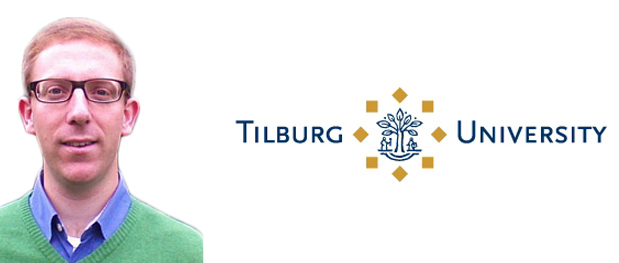In July 2014, the CEA (Commissie Eindtermen Accountancy-onderwijs) has published a new model for accounting education. The main focus of the new model is the creation of two tracks in the Post Master Accountancy: an ‘assurance’ track focused on providing external assurance and an ‘accountancy’ track focused on controlling and advisory services. The question arises whether the creation of two separate tracks is helpful to address the problems that the Dutch accountancy profession is currently facing. Based on existing academic research, I argue that the CEA is missing the point and that the proposed reforms will not contribute to an increase of the audit quality.
The starting point of my argumentation is that the quality of the students who obtain the CPA-certification (i.e. the outflow) determines audit quality. Next, it can be argued that the quality of the outflow is dependent on the quality of the accounting education as well as on the quality of the students who choose for accounting (i.e. the inflow). To give just one example that is not related to accounting, Harvard Business School is always in the top 3 of the best business schools worldwide because the excellent quality of their programs as well as because Harvard Business School is able to select the best students to start a program. Thus, if one wants to increase the quality of the outflow, it is important to consider both the quality of the inflow and the quality of the education.
A careful reading of the document of the CEA learns that the CEA does not focus on increasing the quality of the inflow in accounting programs. One potential reason for this choice is that the quality of the inflow is not problematic. Contemporaneous academic research rejects this hypothesis. A study of Paul Madsen from the University of Florida based on US-data from 1970-2010 shows that the quality of accounting education has been quite stable over this period but that accounting programs are losing the battle for the brightest business students. The conclusion of the study is that the quality of the inflow in accounting programs is problematic. A similar conclusion holds when we look at Dutch data. Last year, I collected survey data among Dutch students that followed a business-oriented bachelor. The main conclusion of the study was that students with a higher intention to follow the MSc in Accounting and the Post-Master in Accounting do not outperform other students with respect to grades for accounting courses, professional skepticism, and ethicality.
To increase the quality of the inflow in accounting programs, it is, in my opinion, important that the accounting profession is much more positioned as a business-oriented profession. Everyone who is deeply involved with accounting knows that accounting is the language of business and that we can only know what is happening in a firm through what is counted by an accountant. However, the sad but true story is that people who are not deeply involved with accounting, such as bachelor students who have to make a choice between various business disciplines, do not perceive accounting as really business-oriented but rather as a technical law-oriented discipline. For instance, every year I see that students who do excellent in accounting courses choose for the master in finance, which is the business discipline that comes closest to accounting, because the master in finance is much more business-oriented.
The choice of the CEA to make an ‘assurance track’ and an ‘accountancy track’ boils down to isolating business-oriented matters from assurance-oriented matters. It is thus very likely that the differentiation between the two tracks will reinforce the students’ perception that accounting lacks a business orientation. As it is not very likely that the CEA will change its viewpoint on this topic, it is up to the accounting firms to address the blame that the accounting profession is not business-oriented. To change the way in which students perceive the accounting profession, I suggest that the accounting firms involve young accountants in both assurance and advisory services and also clearly communicate about this mixed approach to students who have to choose between different business disciplines. Of course, this mixed approach needs to be implemented with care as accountants are not allowed to provide advisory services to firms in which they are the external accountant. An additional benefit of this mixed approach is that young accountants will develop better knowledge on how to run a business. A recent study of Bryan Church from the Georgia Institute of Technology has shown that accountants with more business knowledge are more able to take the perspective of the firm, leading to higher audit quality.
Overall, the CEA seems to take steps that will reinforce the biased perception of students about the business orientation of the accounting profession, making the problem regarding the quality of the inflow in accounting programs even bigger. The good news is that accounting firms have the possibility to address the biased perception of the students themselves!

















